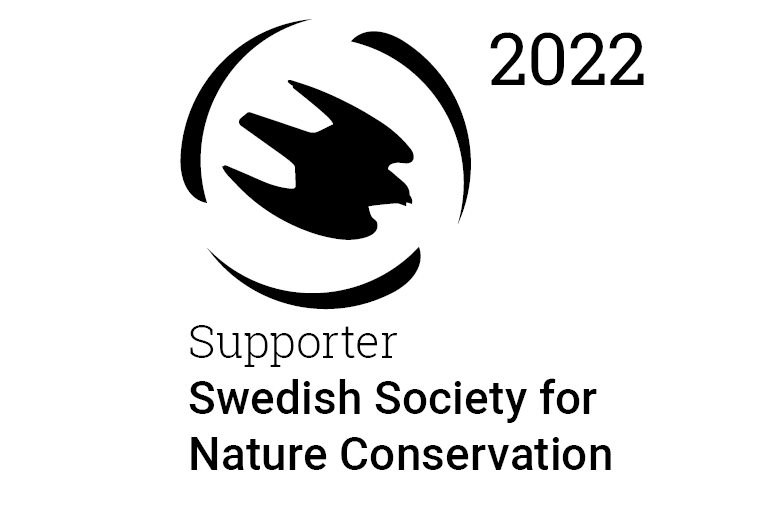Vikas Dighe
The European Commission has put forward a proposal to revise the CLP
regulation which introduces additional hazard classes for inter alia
endocrine disruptors and persistence and mobility, which it plans to
propose also to the UN GHS. You will hear from the moderator how the
new hazards classes are defined in the EU and when they could be
submitted and concluded by the UN committee. The four stakeholder
representatives will express their positions on whether these are
the right hazard classes to be added to GHS, whether the EU
definitions are the appropriate ones and give their perspective on
the upcoming discussions at the UN level on their inclusion in GHS.
Dr. Vikas Dighe
M.V.Sc Ph.D. (Animal Biotechnology), Scientist ‘E’ & In-charge, NIRRH & ICMR, India

Dr. Vikas Dighe works as Scientist `E’ and heads the National Centre for Preclinical Reproductive and Genetic Toxicology (NIRRH) at National Institute for Research in Reproductive and Child health (ICMR). Dr. Dighe has more than two decades of experience in animal experimentation mainly the drug development process and has undertaken more than 30 projects where efficacy and safety of the novel molecules has been undertaken following the OECD/ICH guidelines.He hasexpertise in animal model development for PCOS, diabetes, hypothyroidism, Oligospermia, etc.
His current area of research is molecular toxicology and novel drug delivery. His team is currently undertaking studies toevaluate the effect of various endocrine disruptor chemicals on hypothalamus pituitary and gonadal axis atmolecular levels.He has conducted training workshops and organised national and international conferences in laboratory animal science and clinical pharmacology. He is also serves as GLP inspectorfor National GLP Compliance Monitoring Authority (NGCMA), DST, GOVT of India to accredit GLP certification based on OECD principles. He has published 44 research papers and has written two chaptersof a book as well.
M.V.Sc Ph.D. (Animal Biotechnology), Scientist ‘E’ & In-charge, NIRRH & ICMR, India

Dr. Vikas Dighe works as Scientist `E’ and heads the National Centre for Preclinical Reproductive and Genetic Toxicology (NIRRH) at National Institute for Research in Reproductive and Child health (ICMR). Dr. Dighe has more than two decades of experience in animal experimentation mainly the drug development process and has undertaken more than 30 projects where efficacy and safety of the novel molecules has been undertaken following the OECD/ICH guidelines.He hasexpertise in animal model development for PCOS, diabetes, hypothyroidism, Oligospermia, etc.
His current area of research is molecular toxicology and novel drug delivery. His team is currently undertaking studies toevaluate the effect of various endocrine disruptor chemicals on hypothalamus pituitary and gonadal axis atmolecular levels.He has conducted training workshops and organised national and international conferences in laboratory animal science and clinical pharmacology. He is also serves as GLP inspectorfor National GLP Compliance Monitoring Authority (NGCMA), DST, GOVT of India to accredit GLP certification based on OECD principles. He has published 44 research papers and has written two chaptersof a book as well.
Expert Insights Unveil Challenges and Solutions in Managing Forever Chemicals and Endocrine Disruptors at ACF 2023


